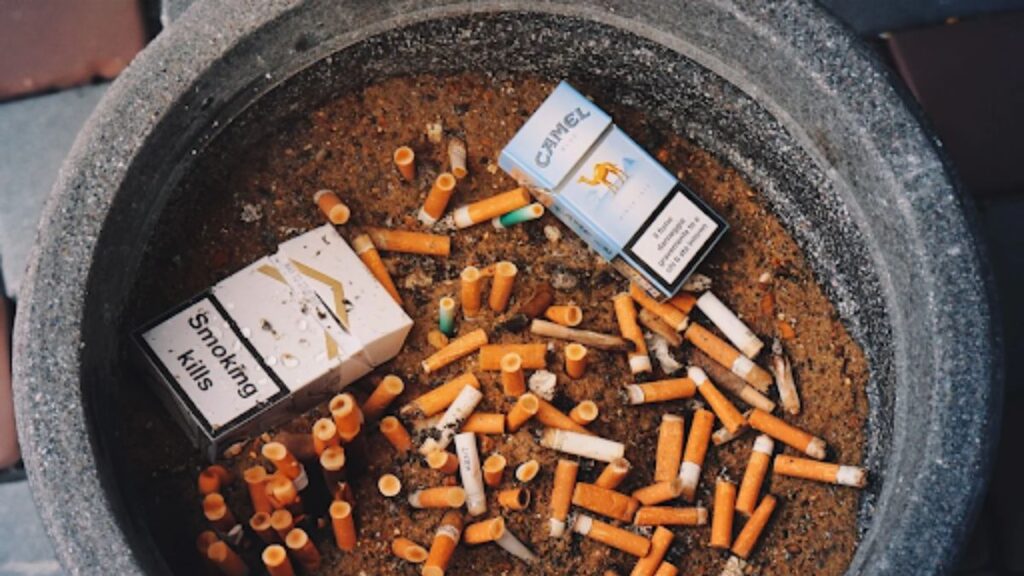Addiction is a problematic and difficult problem that impacts millions of people. It can have devastating effects on an individual’s health, relationships, and overall quality of life. However, it’s important to remember that addiction is a treatable condition, and recovery is possible with the right support and treatment.
The Addiction Treatment Process
Addiction treatment is a multifaceted process that typically involves a combination of therapies, support groups, and medication (if applicable). The specific treatment plan will vary depending on the individual’s needs and the type of addiction. However, most treatment processes follow a general framework:
Assessment and Evaluation
The first step in addiction treatment is a comprehensive assessment. This involves:
- Medical and psychological evaluations
- Substance use history
- Family and social history
- Co-occurring mental health disorders screening
This information helps healthcare professionals develop a personalized treatment plan.
Detoxification
For substance addictions, the next step is often detoxification or “detox.” This process involves clearing the body of the addictive substance under medical supervision. Detox can be challenging and sometimes dangerous, which is why it should always be done under professional care.
Therapy
Therapy is a crucial component of addiction treatment. It helps individuals understand the root causes of their addiction, develop coping strategies, and learn to manage triggers. Common types of therapy include:
- Cognitive Behavioral Therapy (CBT)
- Motivational Interviewing
- Group Therapy
- Family Therapy
Medication-Assisted Treatment (MAT)
For some substance addictions, medication can be an important part of treatment. MAT combines behavioral therapy with medications to treat substance use disorders. For example, medications like methadone or buprenorphine can help manage opioid addiction.
Aftercare Planning
Recovery is an ongoing process that continues long after the first treatment. Aftercare planning helps individuals transition back to daily life while maintaining their recovery. This might include ongoing therapy, support group meetings, or residence in a sober living facility.
Types of Addiction Treatment Programs
Addiction treatment programs vary in intensity and duration, depending on the individual’s needs. Some common types of programs include:
Inpatient Treatment
Inpatient or residential treatment involves living at a treatment facility for a period of time, typically 30 to 90 days. This intensive approach provides 24/7 care and support, which can be particularly beneficial for those with severe addictions or co-occurring mental health disorders.
Outpatient Treatment
Outpatient treatment allows individuals to live at home while attending regular treatment sessions. This can be a good option for those with milder addictions or those who have completed inpatient treatment.
Intensive Outpatient Programs (IOP)
IOPs provide a middle ground between inpatient and standard outpatient care. They involve more frequent and intensive treatment sessions than regular outpatient care but allow individuals to live at home.
Partial Hospitalization Programs (PHP)
PHPs, also known as day treatment programs, provide intensive treatment during the day while allowing individuals to return home in the evenings.
Sober Living Homes
Sober living homes provide a supportive, substance-free environment for individuals in recovery. They can be a helpful transition between inpatient treatment and independent living.
Phoenix Rising Drug and Alcohol Treatment offers a range of the above treatment options tailored to meet individual needs and circumstances.
Overcoming Challenges in Addiction Treatment
Recovery from addiction is not always a smooth journey. Many individuals face challenges along the way, such as cravings, triggers, or setbacks. It’s important to remember that these challenges are a normal part of the recovery process and can be overcome with the right strategies and support.
Here are some tips for navigating the challenges of addiction treatment:
- Stay committed to the process: Recovery takes time and effort. Stay focused on your goals and remember why you started this journey.
- Build a strong support system: Surround yourself with supportive friends, family, and peers who understand what you’re going through.
- Attend therapy regularly: Consistent engagement in therapy can help you work through underlying issues and develop stronger recovery skills.
- Practice self-care: Take care of your physical and mental health through regular exercise, healthy eating, and adequate sleep.
- Avoid triggers: Identify people, places, or situations that might trigger cravings and have a plan to avoid or manage them.
- Don’t be afraid to ask for help: If you’re struggling, reach out to your support network or treatment team. They’re there to help you succeed.
The Role of Family and Friends in Addiction Recovery
Family and friends play a crucial role in supporting a loved one’s recovery from addiction. Their understanding, encouragement, and support can make a significant difference in the recovery process. However, it’s also important for loved ones to take care of their own well-being during this challenging time.
Here are some ways family and friends can support a loved one in recovery:
- Educate themselves about addiction: Understanding the nature of addiction can help loved ones provide more effective support.
- Offer encouragement and positive reinforcement: Celebrate milestones and progress in recovery, no matter how small.
- Set healthy boundaries: It’s important to support without enabling addictive behavior.
- Attend family therapy: This can help improve communication and heal relationships strained by addiction.
- Practice self-care: Supporting a loved one in recovery can be stressful. It’s important for family and friends to take care of their own physical and emotional health.
- Join a support group: Groups like Al-Anon or Nar-Anon can provide support and resources for families affected by addiction.
Preventing Relapse
Relapse is a common occurrence in addiction recovery, but it doesn’t mean treatment has failed. It’s important to view relapse as a learning opportunity and to use it to strengthen relapse prevention strategies.
Here are some tips for preventing relapse:
- Identify triggers: Recognize the people, places, emotions, or situations that might trigger cravings.
- Develop coping mechanisms: Have a variety of healthy strategies to deal with stress, cravings, and other challenges.
- Attend therapy and support groups: Ongoing support is crucial for maintaining recovery.
- Practice self-care: Take care of your physical and mental health to build resilience against relapse.
- Avoid high-risk situations: Stay away from environments or situations that might tempt you to use.
- Have a relapse prevention plan: Work with your therapist to develop a detailed plan for what to do if you feel at risk of relapse.
- Don’t give up: If you do experience a setback, don’t view it as a failure. Get back on track as soon as possible and learn from the experience.
Conclusion
Early intervention is crucial in addressing addiction. The sooner someone receives help, the better their chances of successful recovery. Early intervention can help prevent the addiction from progressing, minimize negative consequences, and improve long-term outcomes.
With codeine addiction, for example, medical detox may be necessary to manage withdrawal symptoms safely and reduce the risk of complications.







